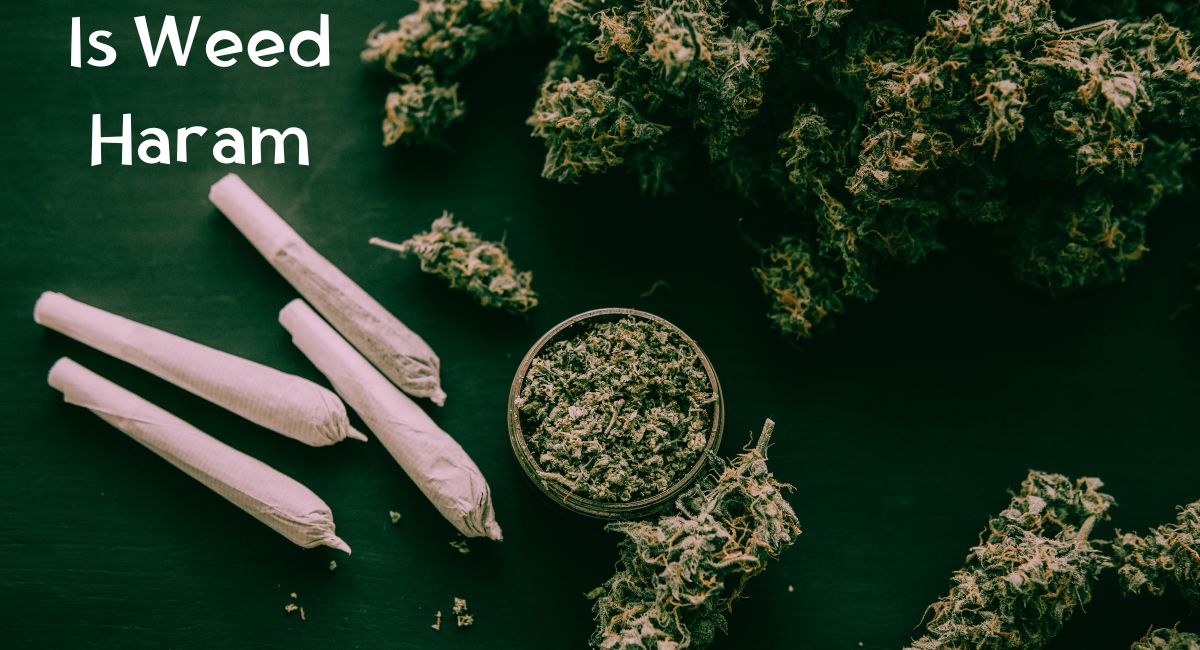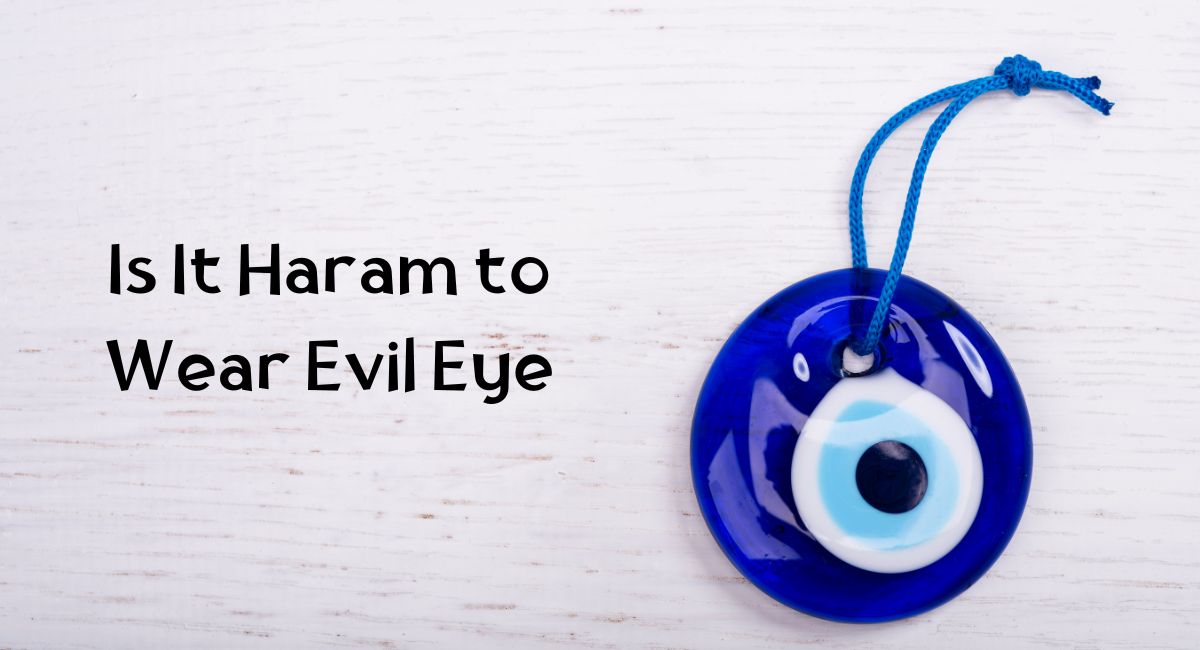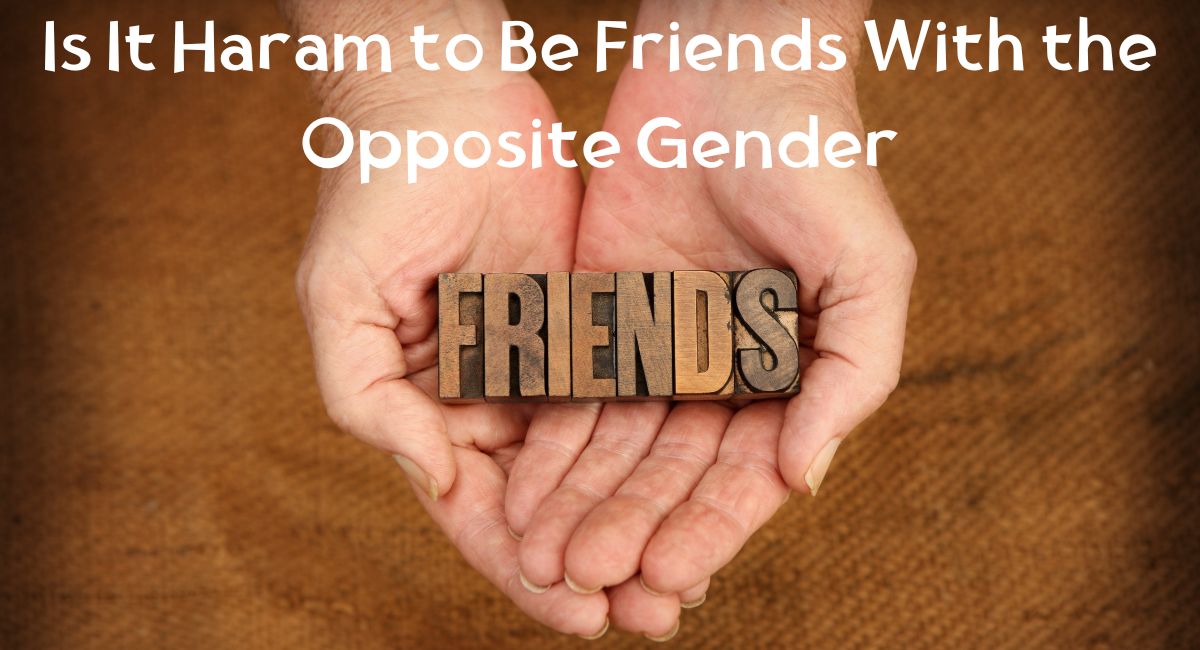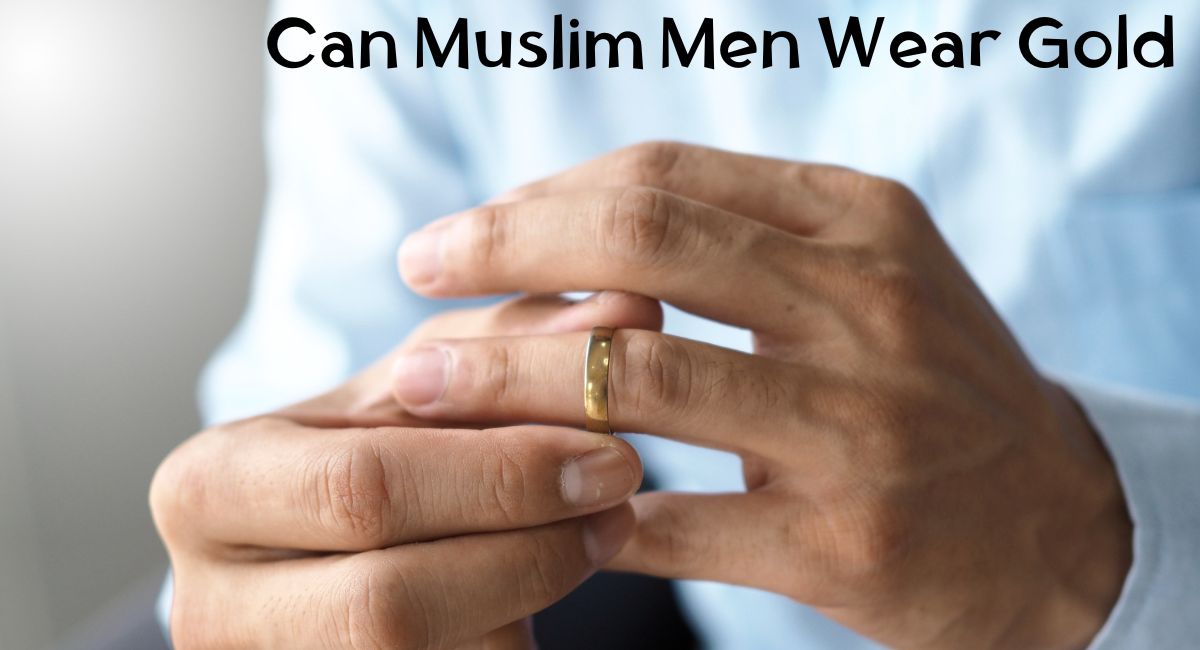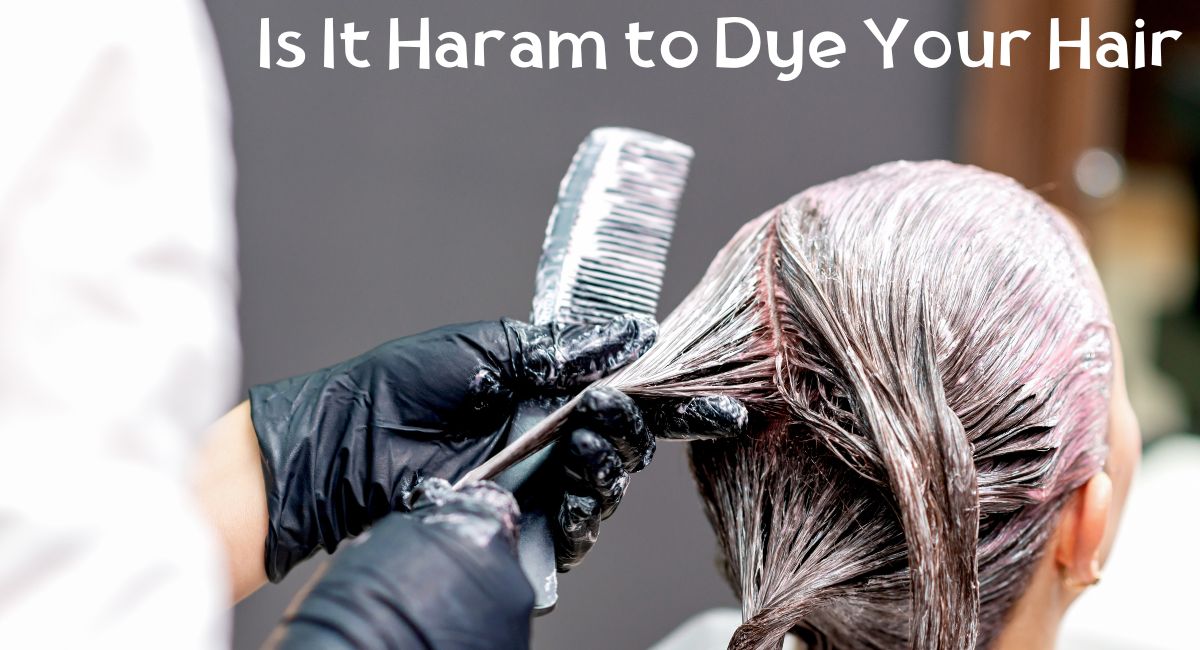The question of whether weed, also known as cannabis or marijuana, is considered haram (forbidden) in Islam is a topic of significant debate and discussion within the Muslim community.
While many Islamic scholars and religious authorities have varying opinions on this matter, the issue extends beyond just religious interpretation. It encompasses cultural, legal, and medical perspectives as well.
In this article, we will delve into the complexities surrounding the use of weed in Islam, exploring the different viewpoints and shedding light on the factors that contribute to the diverse opinions within the Muslim world.
Key Takeaways
- Weed (marijuana, cannabis) is generally considered haram in Islam, particularly when used recreationally, due to its intoxicating effects and its distraction from the remembrance of Allah and prayer.
- Islamic teachings prohibit the consumption of any substance that causes intoxication, including all forms of weed.
- There is a distinction made between THC-infused weed (considered haram) and CBD marijuana (potentially halal), especially for medicinal purposes.
- The use of medical marijuana may be permissible if used under a physician’s guidance to treat valid medical conditions and without the psychoactive effects.
- The Quran does not specifically mention weed or cannabis but addresses the concept of intoxicants and emphasizes avoiding them.
- Hadiths (narrations about the Prophet Muhammad) establish the comprehensive prohibition of all intoxicants, which can be applied to substances like weed.
- Fatwas (Islamic legal opinions) differ on the use of weed, with some scholars equating it with alcohol and considering it haram, and others allowing CBD marijuana for medical purposes.
- Types of weed that may be considered haram include dried cannabis flowers, cannabis edibles, concentrates, hashish, cannabis oil, and tinctures/topicals, depending on the interpretation.
Is Weed Haram
In Islamic teachings, the consumption of weed (marijuana, cannabis) is generally considered haram (forbidden), especially when used recreationally. This stance is based on the principle that intoxicants, which alter one’s state of mind and distract from the remembrance of Allah and prayer, are prohibited in Islam. Here are some key points from various Islamic perspectives:
- General Prohibition of Intoxicants: According to Islamic teachings, any substance that causes intoxication is considered haram. This includes all forms of weed, whether it is marijuana or other types. It’s emphasized that remedies for stress and anxiety should not be sought in intoxicants.
- Distinction Between THC and CBD: There’s a notable distinction made between THC-infused weed and CBD. THC, being psychoactive, is considered haram due to its mind-altering effects. However, CBD marijuana, which does not have these intoxicating effects, may be considered halal, particularly for medicinal purposes. The Fiqh Council of North America acknowledges the different effects of THC and CBD found in the cannabis plant.
- Medical Use of Marijuana: The use of medical marijuana is viewed differently. If used under a physician’s guidance to treat valid medical conditions and without the psychoactive effects, it may not be considered haram. This is because the intention and context of usage – medicinal rather than recreational – are taken into account.
Quranic References
The Quran does not specifically mention weed or cannabis, but it addresses the concept of intoxicants in several verses. Here are some relevant Quranic references:
They ask you O Prophet about intoxicants and gambling. Say, “There is great evil in both, as well as some benefit for people—but the evil outweighs the benefit.” They also ask you O Prophet what they should donate. Say, “Whatever you can spare.” This is how Allah makes His revelations clear to you believers, so perhaps you may reflect.
Surah Al-Baqara (2:219)
This verse acknowledges that intoxicants and gambling have some benefit but states that their sinfulness is greater than their benefit, implying that they should be avoided.
O believers! Do not approach prayer while intoxicated until you are aware of what you say, nor in a state of full impurity—unless you merely pass through the mosque—until you have bathed. But if you are ill, on a journey, or have relieved yourselves, or been intimate with your wives and cannot find water, then purify yourselves with clean earth, wiping your faces and hands. And Allah is Ever-Pardoning, All-Forgiving.
Surah An-Nisa (4:43)
Believers are instructed not to approach prayers while intoxicated, ensuring they are fully aware of their words and actions during prayer.
O believers! Intoxicants, gambling, idols, and drawing lots for decisions are all evil of Satan’s handiwork. So shun them so you may be successful.
Surah Al-Ma’ida (5:90-91)
Intoxicants, along with gambling, are described as defilements from the work of Satan. This verse emphasizes avoiding such activities to achieve success and to prevent Satan from causing animosity and hindering the remembrance of Allah and prayer.
And from the fruits of palm trees and grapevines you derive intoxicants as well as wholesome provision. Surely in this is a sign for those who understand.
Surah An-Nahl (16:67)
This verse mentions that intoxicants and a good provision come from the fruits of palm trees and grapevines, indicating the existence of both beneficial and harmful uses of these fruits.
Hadiths About Substances Like Weed
There are several hadiths that, while not specifically mentioning weed or cannabis, broadly address the issue of intoxicants, which can be extrapolated to apply to substances like weed. Here are a few notable examples:
“Every intoxicant is unlawful and whatever causes intoxication in large amounts, a small amount of it is (also) unlawful.”
Hadith from Sunan Ibn Majah
This hadith, narrated by Abdullah bin Umar, emphasizes the comprehensive prohibition of all intoxicants in Islam. It establishes a key principle that any substance causing intoxication, regardless of the quantity consumed, is considered haram (unlawful). This hadith underscores the importance of avoiding any substance that impairs judgment or alters one’s mental state, which can be applied to the use of weed.
“Whatever in great quantity intoxicates, its small quantity is [also] haram/impermissible.”
Hadith recorded by Imams Tirmidhi, Abu Dawud, and Ibn Majah
Reported on the authority of Jabir ibn Abdullah, this hadith reiterates that any substance, which causes intoxication in large amounts, is also impermissible in smaller amounts. The hadith is found in multiple collections, indicating its significance and the broad consensus on its authenticity. This hadith further establishes the Islamic principle that not just the substance, but the effect of intoxication, is what renders something haram, regardless of the amount consumed.
“Every intoxicant is unlawful.”
Hadith from Sahih Muslim
Narrated by Abu Musa, this hadith addresses a query about specific types of intoxicants known in a particular region (beer from barley and mead from honey) and confirms their prohibition. The Prophet’s statement “Every intoxicant is unlawful” is a definitive and all-encompassing rule that applies to any substance with intoxicating properties. This hadith reinforces the understanding that Islam prohibits all forms of intoxicants, which by extension, would include substances like weed.
Fatwas About Weed
Fatwas, or Islamic legal opinions, on the use of weed (cannabis) provide guidance based on Islamic jurisprudence and are derived from sources like the Quran and Hadith. Here are some fatwas with their explanations:
General Perspective on Cannabis
Quote: “There is religious ikhtilaf (difference of opinion) regarding the use of cannabis because there is no clear explanation of whether cannabis is halal or haram in the Quran and Hadith. Most Maliki scholars, Hanafim Syafii, and Hanbali agree that if there is no explanation for an issue in the Quran or hadith, an analogy (Qiyas) can be used to determine the law.”
Explanation: This fatwa acknowledges the absence of explicit references to cannabis in foundational Islamic texts. It suggests that in such cases, scholars rely on qiyas (analogical reasoning) to arrive at a legal ruling. Thus, cannabis, being an intoxicant, is generally equated with alcohol (khamr), which is clearly forbidden in Islam.
Use of Cannabis in Medical Context
Quote: “Mufti Menk said that the use of cannabis in the medical world is permissible but it should be noted that only the content of cannabis in the form of CBD (without THC infusion) which is not intoxicating can be used by Muslims as it does not produce any psychoactive effects.”
Explanation: This opinion by Mufti Menk, a well-known Islamic scholar, distinguishes between different compounds in cannabis. It states that CBD, which is not intoxicating, may be permissible for medical use, contrasting with THC, which has psychoactive effects and is thus considered haram.
Comprehensive Prohibition of Intoxicants
Quote: “Hasheesh of all types is haraam, whether it is marijuana or any other type. The Messenger of Allah (peace and blessings of Allaah be upon him) forbade all kinds of intoxicants and relaxants.”
Explanation: This fatwa references a hadith to reinforce the prohibition of all intoxicants and relaxants, including marijuana. It emphasizes that any substance causing intoxication or relaxation is considered haram, regardless of the amount consumed. This view is supported by the consensus among scholars, as noted by Al-Qaraafi and Ibn Taymiyah.
Intoxicants as Not Remedies
Quote: “As for stress and anxiety, you may rest assured that the remedy for them is not to be found in smoking hasheesh or any other haraam thing.”
Explanation: This statement clarifies that substances considered haram, such as cannabis, are not to be used as remedies for conditions like stress and anxiety. It aligns with the Islamic principle that forbidden substances should not be used as solutions for health issues, reiterating a stance against seeking relief in what is prohibited.
